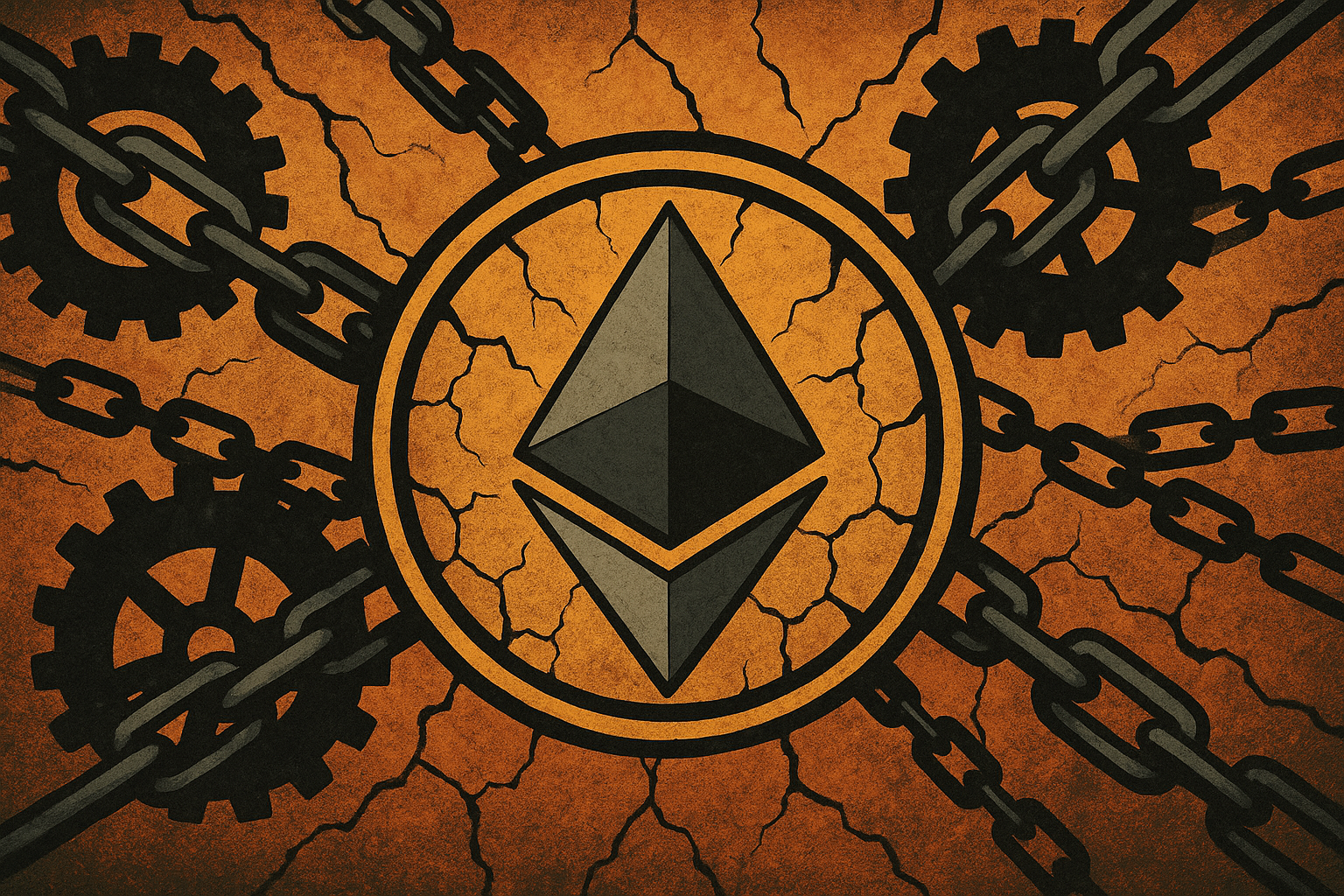MEVs have emerged as a major threat to blockchain scaling

Maximum Extractable Value (MEV) has become a key constraint for scaling networks, according to Flashbots analysts. The report emphasizes that autonomous bots engaged in arbitrage use up most of the block space, even in high-performance systems like Solana and Ethereum rollups.
According to the data, bots generate millions of spam requests to find favorable deals. For example, on Base, the 11 mln gas/s capacity increase since November 2024 has gone entirely to such transactions. In a number of rollups, they account for up to 50% of all gas consumed with less than 10% of commission payments.
The researchers emphasize market inefficiencies: a bot can earn $0.12 by spending $0.02, yet it sends hundreds of millions of transactions. The average successful transaction requires up to 132 million gas – almost four full Ethereum blocks. This places an excessive load on the network without delivering comparable value.
Flashbots explained that the proliferation of private mempools exacerbates the problem. To penetrate private transactions, bots are forced to send their requests to each block. The lack of advanced auctions and the focus on gas consumption make the network vulnerable to this behavior.
As a result, blockchain infrastructure becomes overloaded, demand for hardware increases, and ordinary users face higher fees. This systemic mismatch between the payload and the real price of transactions distorts incentives and inhibits network development.
Flashbots propose the implementation of “programmable privacy,” a mode in which data remains open, but abuse of it becomes impossible at the protocol level.




